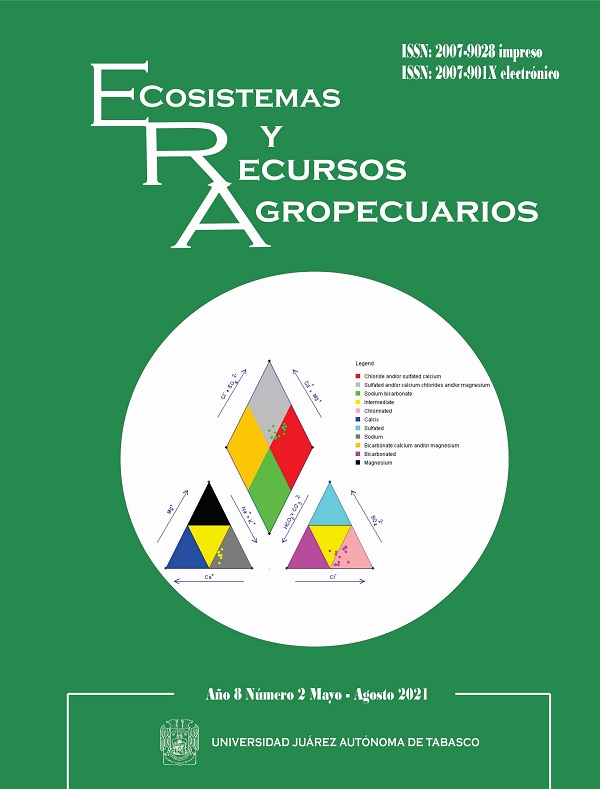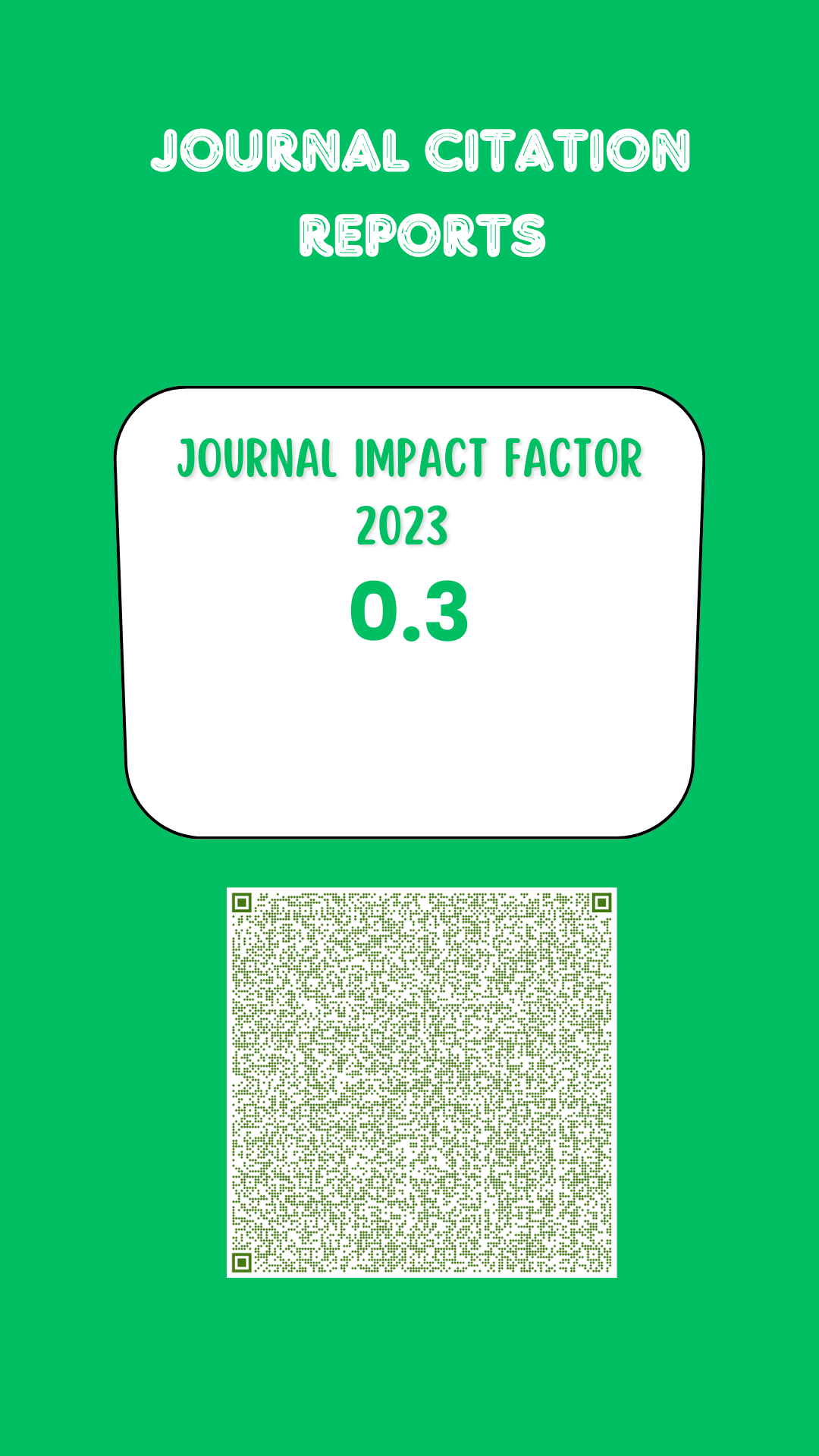Effect of deficit irrigation on the accumulation of antioxidant compounds in tomato plants
DOI:
https://doi.org/10.19136/era.a8n2.2822Abstract
Efficient use of water in agriculture is the key to mitigating scarcity of water resources. Deficit irrigation (DI) is a strategy used that reduces the water supply without affecting the production and quality of the harvest. The objective of this work was to evaluate the effect on antioxidant
metabolism in the flowering and production stage of tomato plants under two levels of DI (50 and 75%) based on evapotranspiration by the gravimetric method during the cultivation cycle. The results showed an increase in the antioxidant activity and ascorbate peroxidase activity in flowering in the treatments with DI, while in production the treatments with DI decreased the total proteins and the antioxidant activity. Tomato plants under DI modified antioxidant metabolism to mitigate oxidative damage due to water deficit.
Downloads
Downloads
Published
Issue
Section
License
Copyright (c) 2021 Ecosistemas y Recursos Agropecuarios

This work is licensed under a Creative Commons Attribution-NonCommercial-ShareAlike 4.0 International License.
Aviso de copyright
Los autores que se envían a esta revista aceptan los siguientes términos:
una. Los autores conservan los derechos de autor y garantizan a la revista el derecho a ser la primera publicación del trabajo con una licencia de atribución de Creative Commons que permite a otros compartir el trabajo con un reconocimiento de la autoría del trabajo y la publicación inicial en esta revista.
B. Los autores pueden establecer acuerdos complementarios separados para la distribución no exclusiva de la versión del trabajo publicado en la revista (por ejemplo, en un repositorio institucional o publicarlo en un libro), con un reconocimiento de su publicación inicial en esta revista.
C. Se permite y se anima a los autores a difundir su trabajo electrónicamente (por ejemplo, en repositorios institucionales o en su propio sitio web) antes y durante el proceso de envío, ya que puede conducir a intercambios productivos, así como a una cita más temprana y más extensa del trabajo publicado. (Consulte El efecto del acceso abierto).



